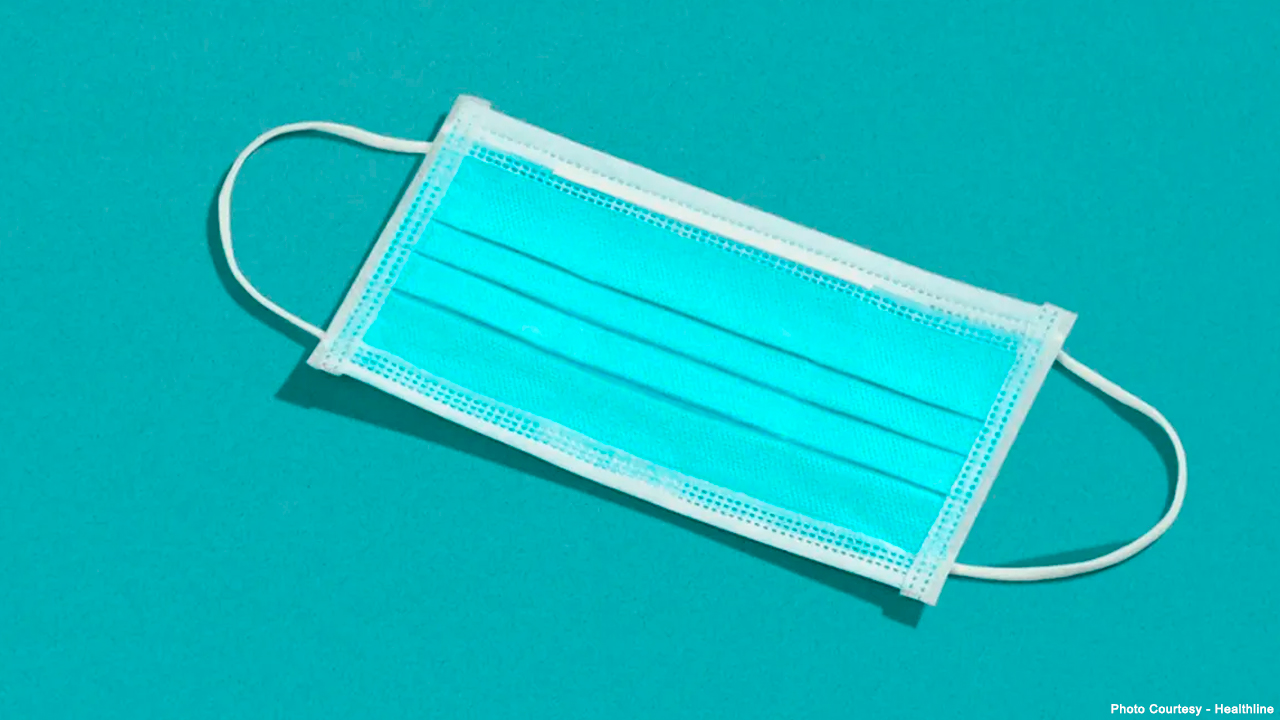Do you know that diabetics are more prone to oral health problems? People having diabetes possess a slow healing process with a low resistance to infection. Thus, they are more likely to develop oral health issues. As per the International Diabetes Federation (IDF), there are 7-8 crores of diabetics in India, and around 90% of them have some or other kind of oral health problems.
Some diabetes-associated oral health issues
Dry mouth – Diabetics often experience dry mouth as their medicines tend to cause it. A dry mouth could also result in bad breath. A dry mouth can also cause infections inside the mouth. Taking sufficient water and chewing sugar-free gum can help lessen the condition of dry mouth. Brushing and flossing are very important. If the patient can’t brush then they can use mouthwash. Mouthwash having essential oils possesses antibacterial and antifungal properties that can kill mouth germs.
Loss of teeth – Diabetics are at a higher risk of losing teeth than people who don’t have diabetes. This is because of uncontrolled or unmanaged sugar levels. Excess sugar will lead to the growth of bacteria resulting in gingivitis and periodontitis. In case of any infection, diabetics will take a longer time to recover or heal. This can impact the bone that supports teeth resulting in loss of teeth.
Gingivitis – Gingivitis is the accumulation of plaque that gets hard over a period of time. Gums become red, swollen, and sometimes bleed too. If this is not treated in time, the patient may develop periodontitis. Diabetes patients need to practice holistic oral hygiene. It involves brushing twice a day with soft bristles. Flossing is mandatory and patients may also use mouthwash. Regular use of mouthwash can clean the whole mouth, and remove germs and plaque which are the primary cause of gum diseases.
Tooth decay – High blood sugar can result in tooth decay. This is easily preventable if the patient follows the right oral hygiene routine. High sugar and refined carbohydrates should be avoided as they can increase the risk of dental decay. Fluoride toothpaste is recommended by most doctors. Flossing should be followed by rinsing the mouth with mouthwash regularly. Following all the steps can help to fight off cavities.
A good oral care routine at home and regular dental check-ups can help diabetics to have a healthy mouth. Diabetes management is a lifetime task and maintaining the right oral health is an essential part of it.
(Disclaimer: The content on this site is for informational purposes only, and should not be taken as professional medical advice. Always seek the guidance of your doctor or other health professionals for any questions you may have regarding your health or a medical condition.)

 Do you know that diabetics are more prone to oral health problems? Yes, you heard it right. As per the International Diabetes Federation (IDF), there are 7-8 crores of diabetics in India, and around 90% of them have some or other kind of oral health problems. Some of the problems have been discussed here along with their preventive measures.
Do you know that diabetics are more prone to oral health problems? Yes, you heard it right. As per the International Diabetes Federation (IDF), there are 7-8 crores of diabetics in India, and around 90% of them have some or other kind of oral health problems. Some of the problems have been discussed here along with their preventive measures.




















.jpeg)

.jpeg)










.jpg)




.jpg)

